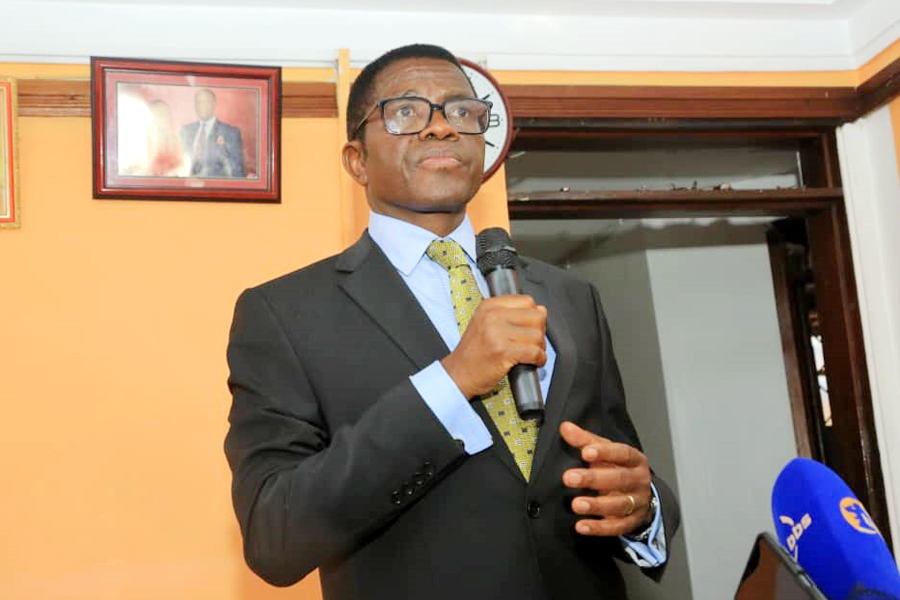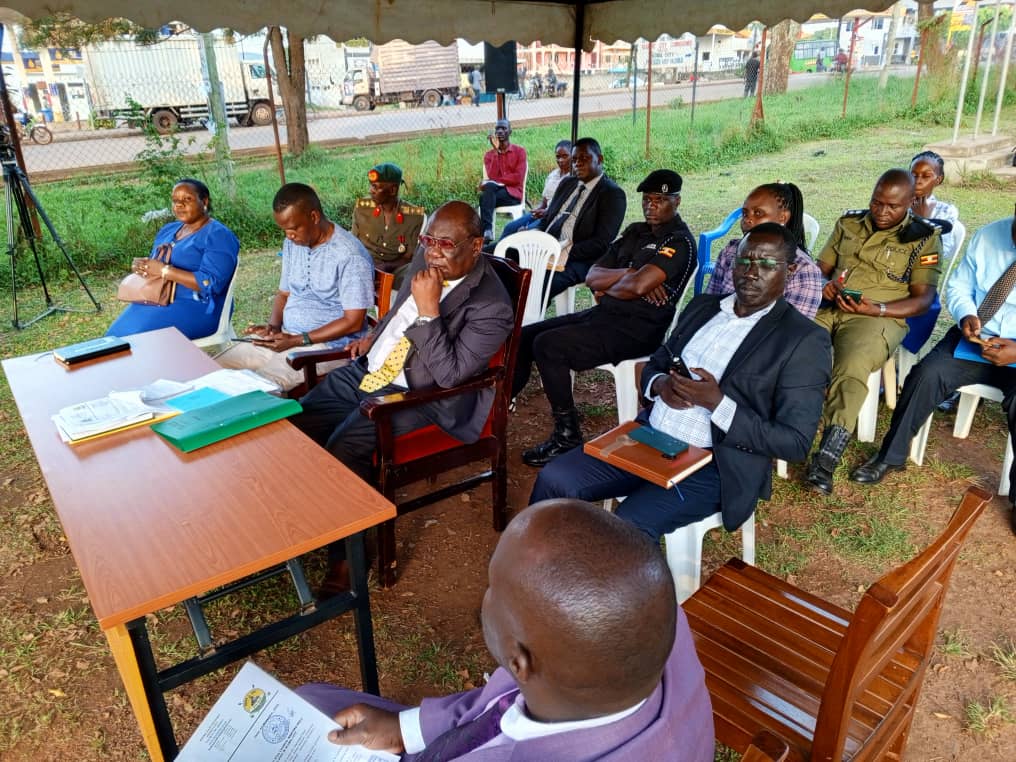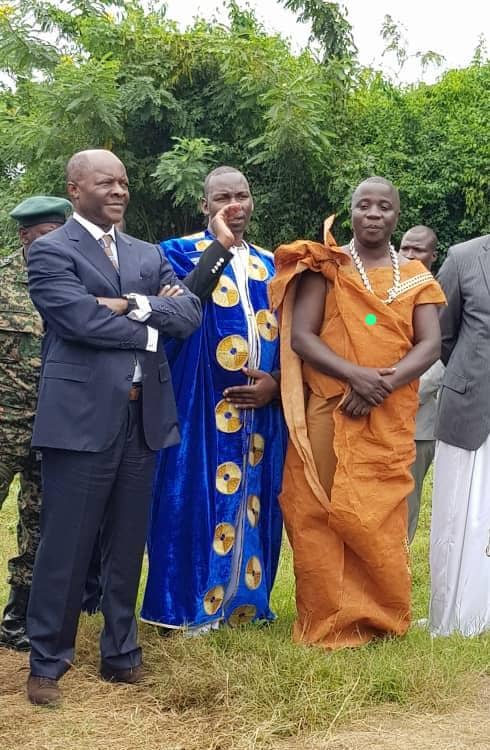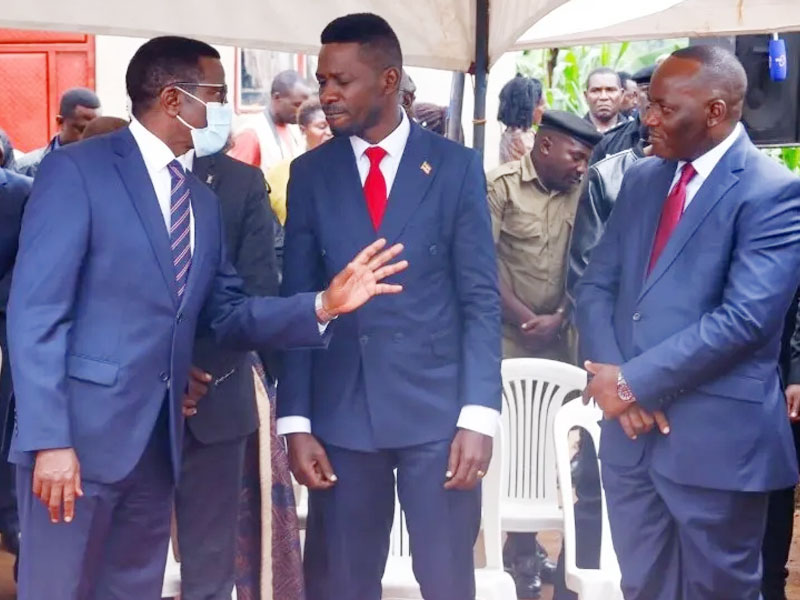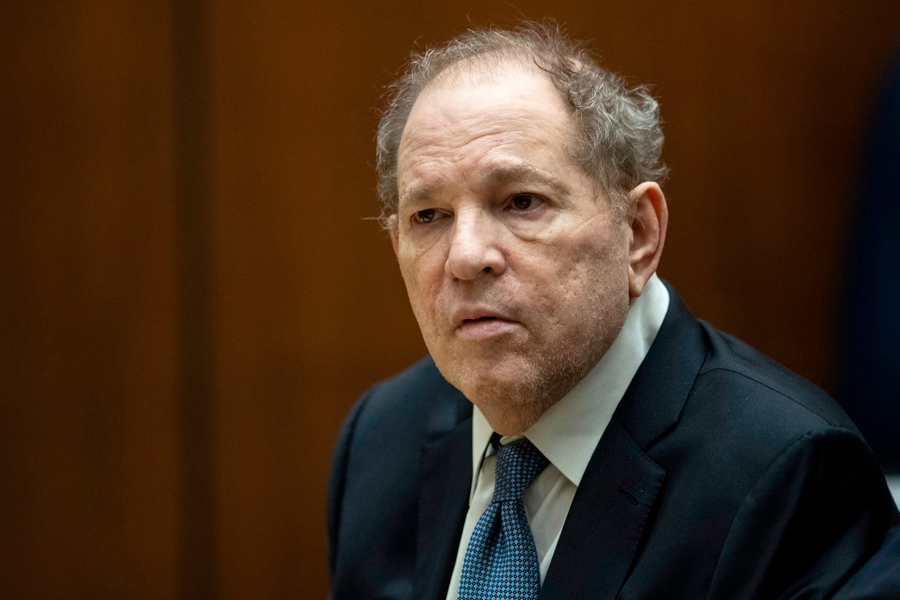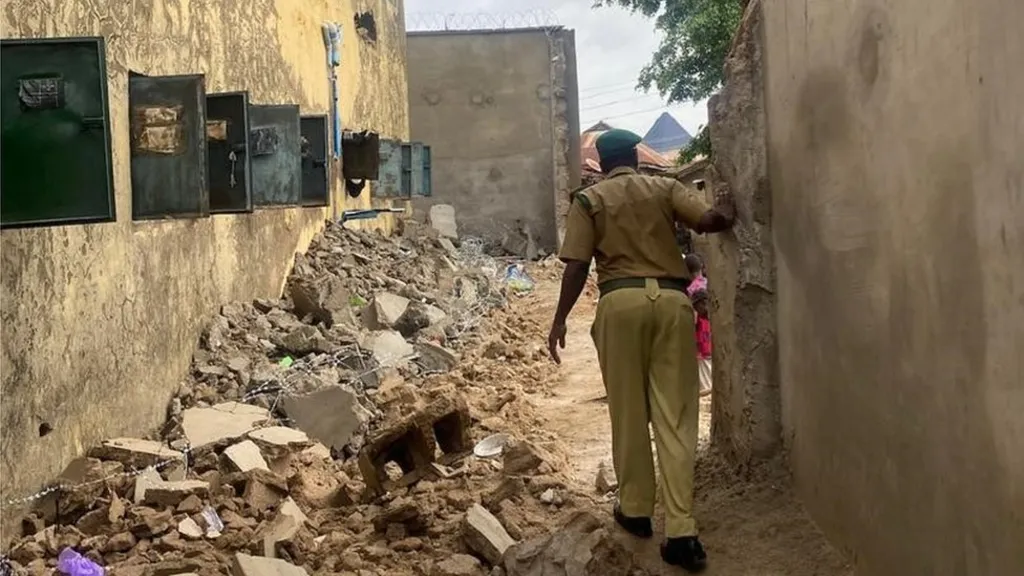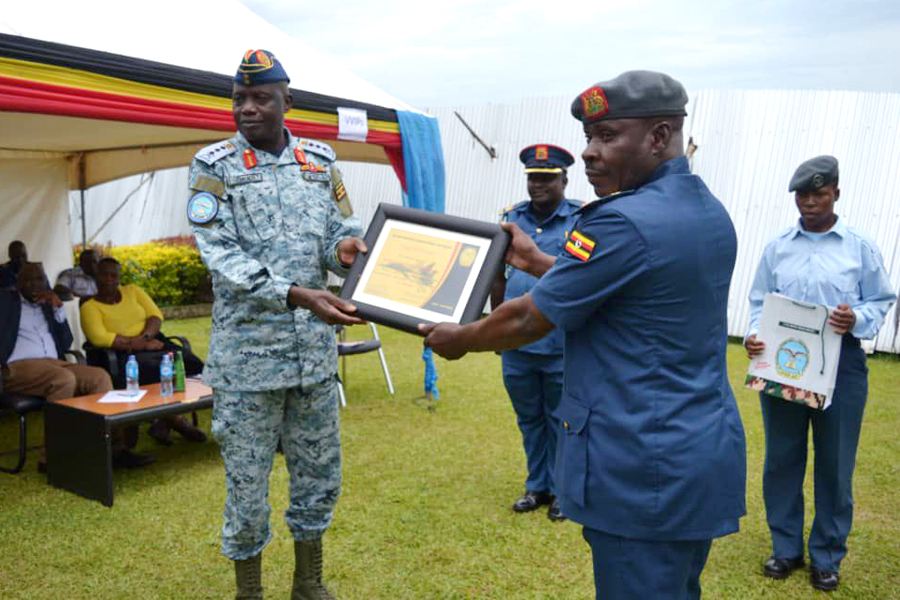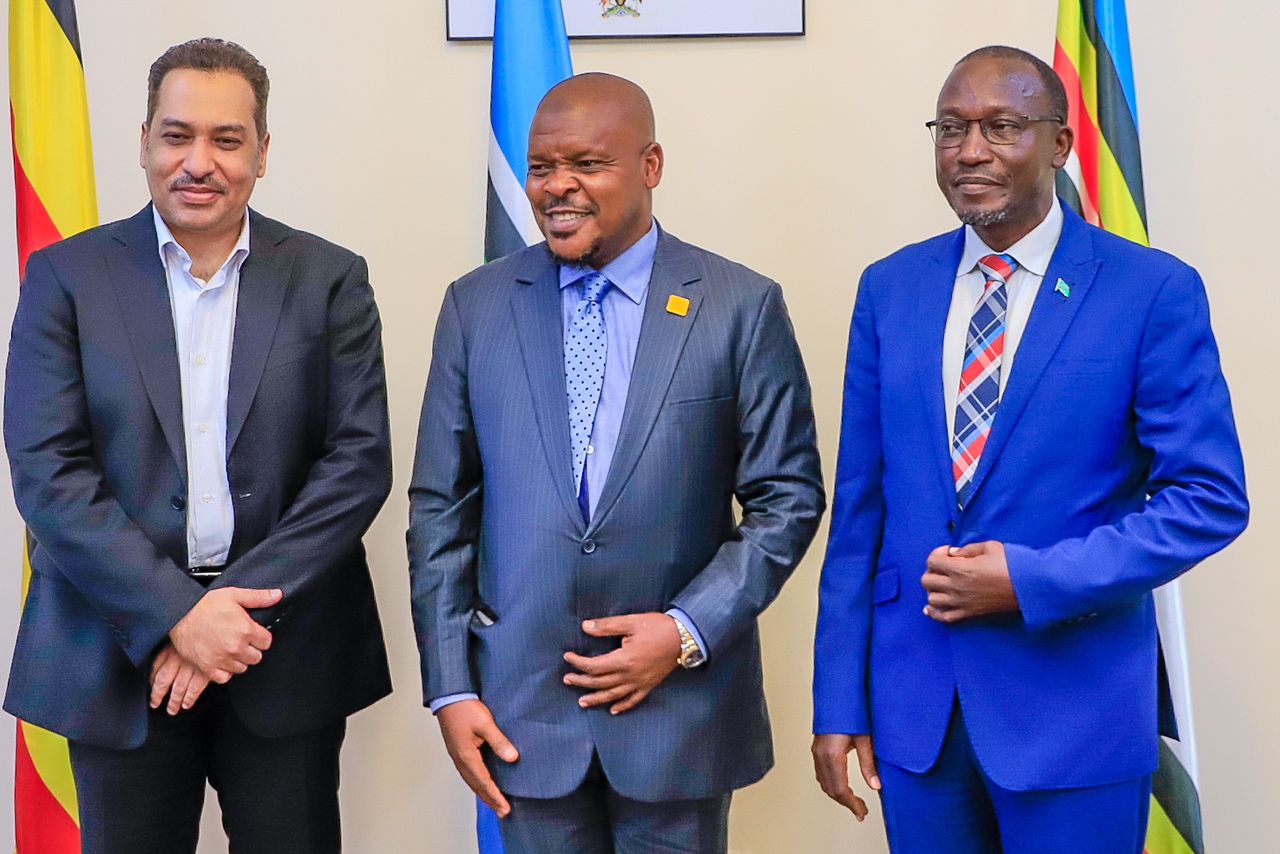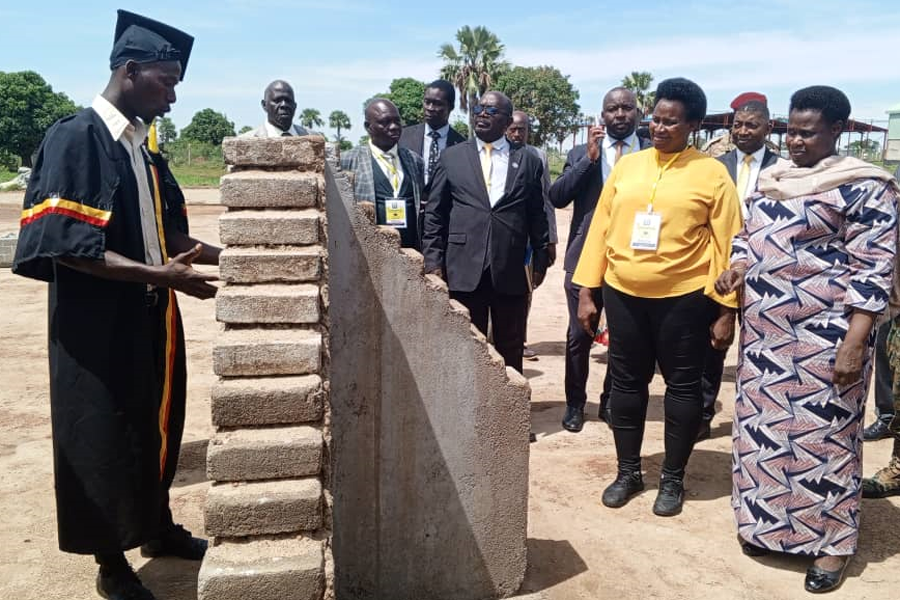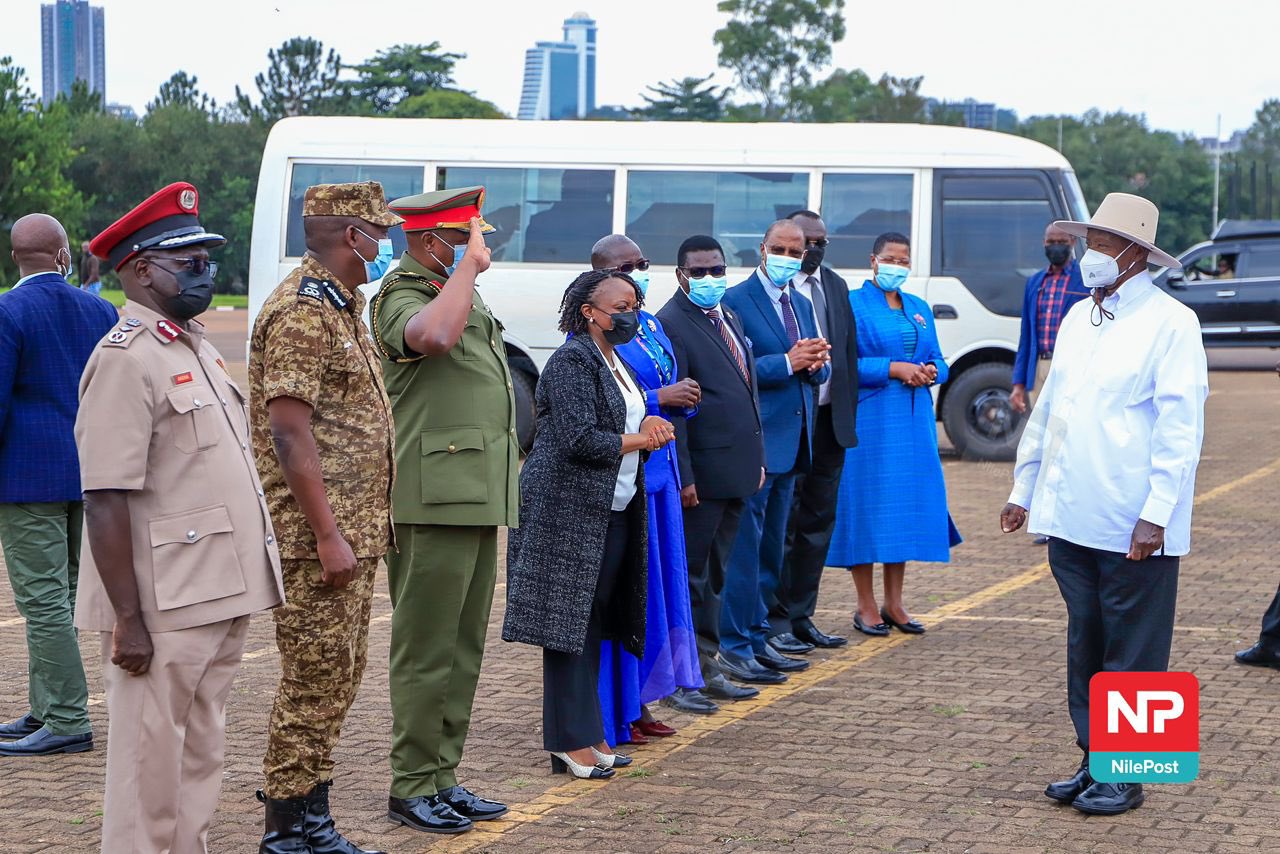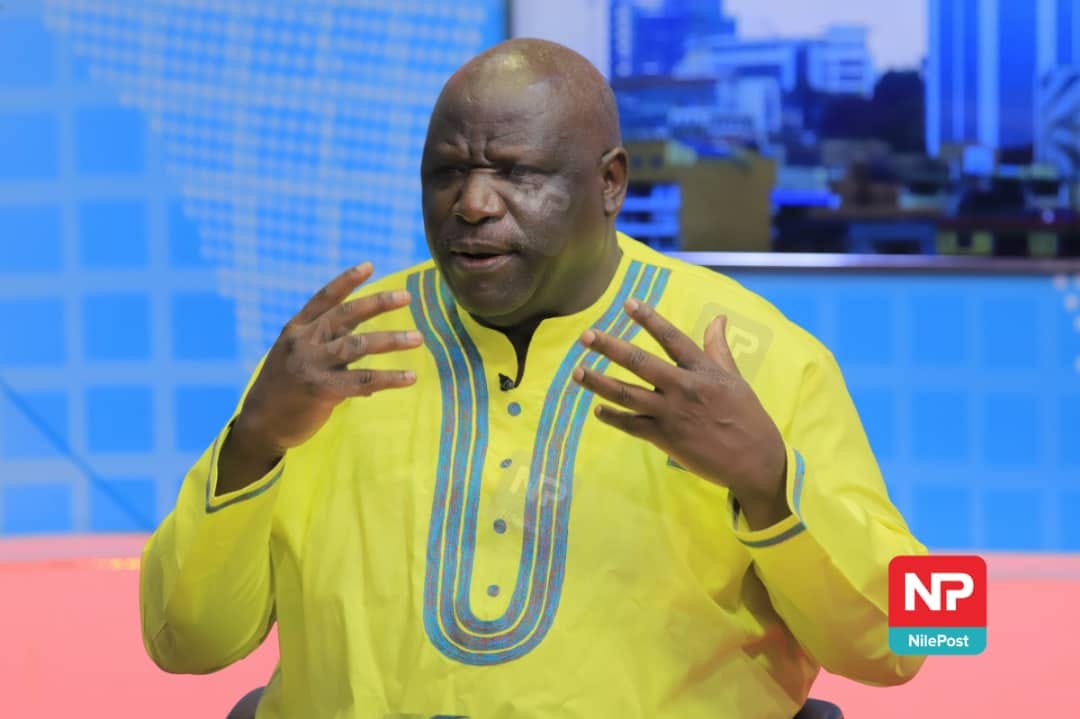Opinion: Why parliament should not entertain Buganda's payment claims
On 4th March 2021, the top brass of Buganda traditional institution met the Speaker of Parliament demanding payment of rent arrears to the tune of approximately Shs 210 billion.
The rent is for Government use of Ssaza, Gombolola, Prison, Court and other buildings, which are currently housing offices for RDCs, L5 Chairmen, and District Councils etc.
Keep Reading
These assets were built with public funds for a period stretching from the onset of colonial administration to the revolution of 1966.
Traditional Leaders’ role was limited to furthering the cause of the Government of the day in the respective Kingdoms or Districts, but with no contribution towards the establishment of the installations.
At independence the assets were under the management of federal states and Districts, having been empowered under Article 118 (1) of the 1962 Constitution each to form a Statutory Land Board for the purpose.
The official mailo set out in Article 2 of the Land Law 1908 was public land, which pursuant to Article 118 (3) of the 1962 Constitution was under the management of the Land Board for the Federal State of the Kingdom of Buganda.
When the 1967 Constitution was put in place to consolidate the gains of the 1966 revolution, under Article 80 (1), the Districts became the uniform unit of administration in the unitary Republic of Uganda.
The Districts of East Mengo, West Mengo, Mubende and Masaka became the successors in Title to the former federal state of Buganda Kingdom, while the Uganda Land Commission under article 108 (5) of the 1967 Constitution, became the successor in title for all rights, interests and other estates in any land which had been vested in the Land Board of a Kingdom or district inclusive of that of the federal state of Buganda.
The present day successor in title of the former districts of East Mengo, West Mengo, Mubende and Masaka are all Districts set out under Articles 5 (1) (2) and 176, of the 1995 Constitution spelled out in the first schedule to the Constitution and as amended from time to time.
The successor in title in as far as public land is concerned is given under Articles 238 and 240 of the Constitution as Uganda Land Commission and the District Land Boards.
In this scheme of things therefore, the Traditional or Cultural Leaders under Article 246 of the 1995 Constitution have never been successors in title for either the administrative units set out in Article 2 of the 1962 Constitution which succession are as indicated above with districts or the assets or public land as set out under Article 118 (1) (b) of 1962 Constitution.
The implications of this are that the traditional rulers cannot claim ownership or rent for properties that are clearly government owned and established.
To do so would imply that any administrative unit with a local presence can be claimed by the locals in that area for their Cultural leader. To allow this will definitely create bad precedent for the Country.
The Traditional Rulers (Restitution of Assets and Properties) Act of 30th July 1993 is clearly inconsistent with various articles of the Constitution and accordingly is void to the extent of the inconsistency. The Act is only relevant to the extent of those provisions which are consistent with the Constitution.
No property of any Traditional Ruler was ever confiscated by any Government. The assets indicated in the schedule to the impugned Traditional Rulers (Restitution of Assets and Properties) Act, can be catered for under various laws of Uganda.
These under mailo are covered under the mailo tenure in Article 237 (c) of the 1995 Constitution. There are those that are protected under the Historical Monuments Act that provides for preservation and protection of Historical Monuments, and objects of traditional interest.
The mere fact that an establishment has historical or is of cultural significance does not mean that such establishment must be owned by the traditional or cultural leaders or managed by them.
For example, the sorry state of the Kasubi Tombs could have been avoided if Government had continued to manage it as it had done since 1966 under the said Act. Cultural sites or monuments belong to Ugandans and to humanity.
Payment for alleged renting of assets built with tax payers’ money, on public land, using public funds, and for the benefit of the general public, cannot be claimed by traditional or cultural rulers for rent as the said establishments never belonged to the traditional leaders.
The assets were setup with public funds, for a public purpose and have always been administrated by public Statutory Constitutional Boards. Therefore the ultimatums issued by the Buganda Government are unnecessary and ill advised.
Parliament shall certainly raise up to the occasion.
Firstly demanding accountability for monies and other benefits obtained or enjoyed since assumption of management of these public assets up to-date.
This could be the greatest contribution of the 10th Parliament to the people of Uganda.
The author is a senior partner at Kampala Associated Advocates (KAA).


